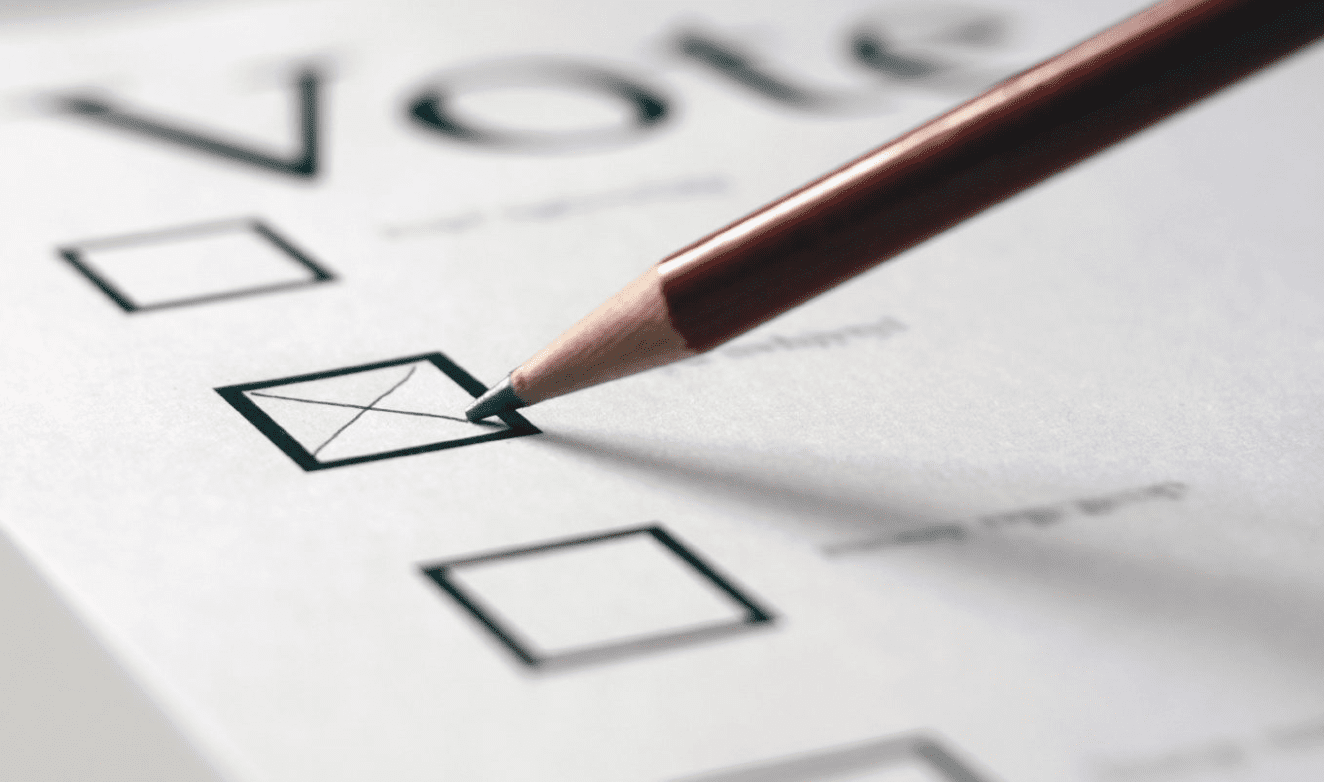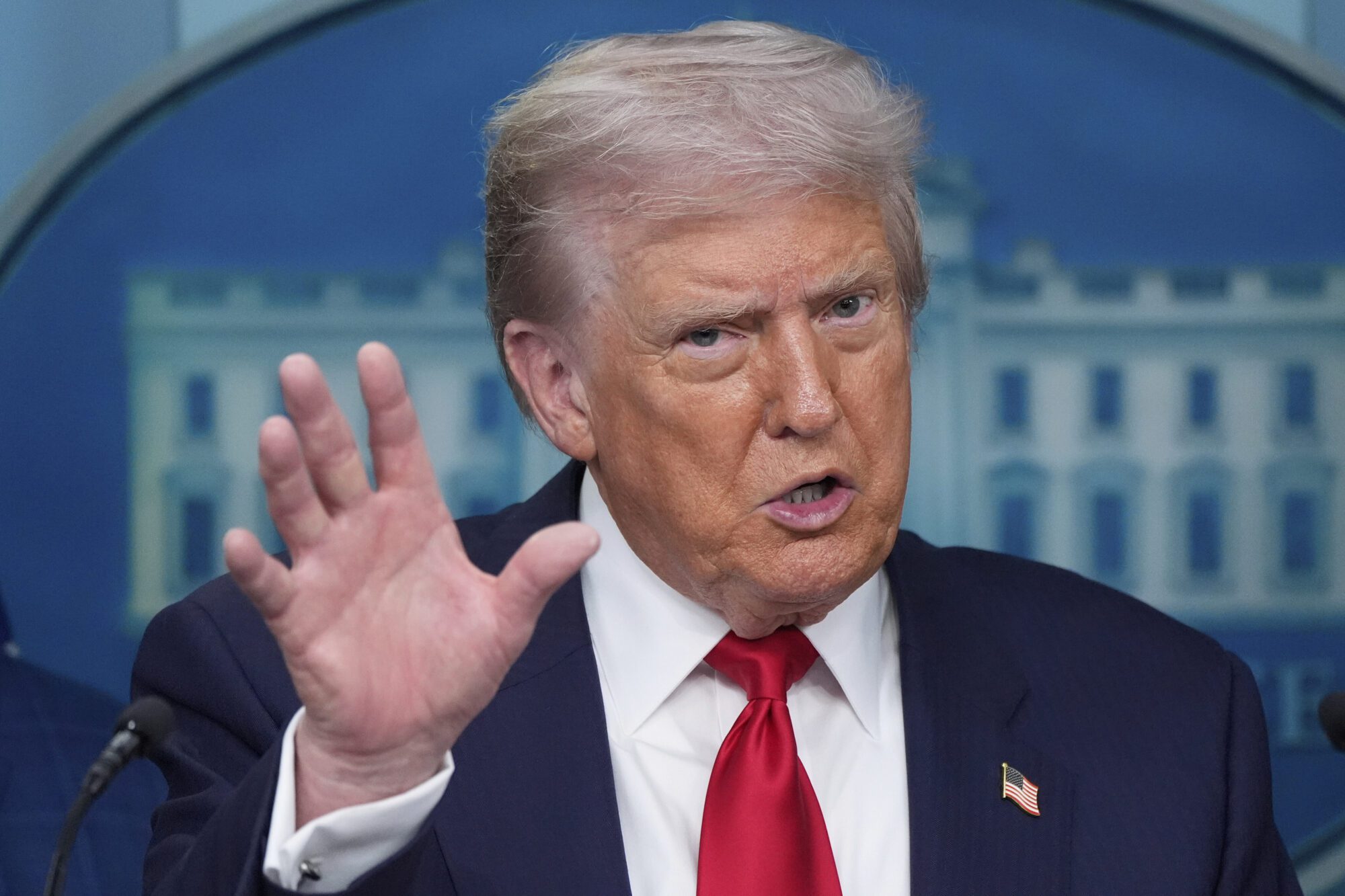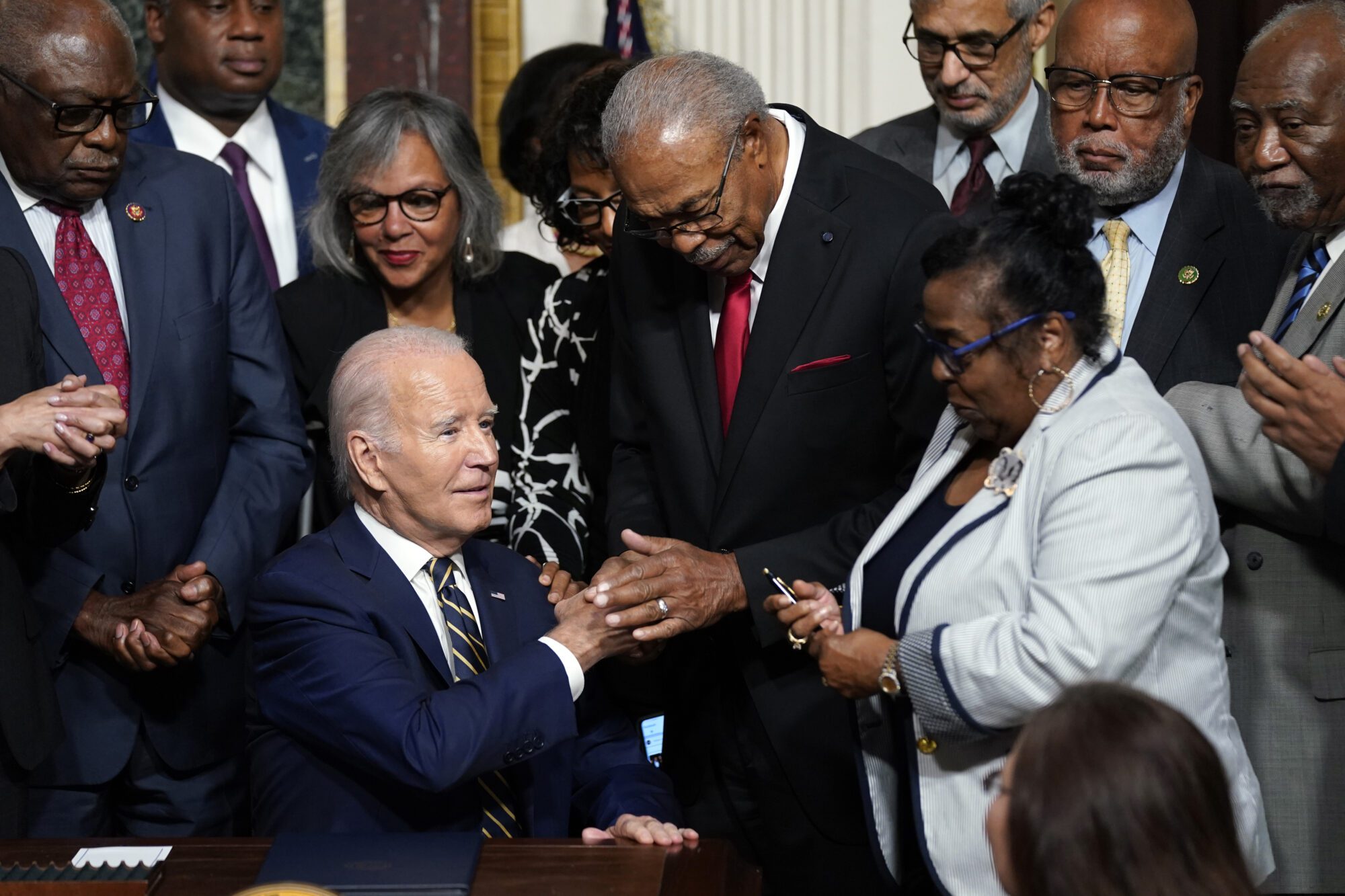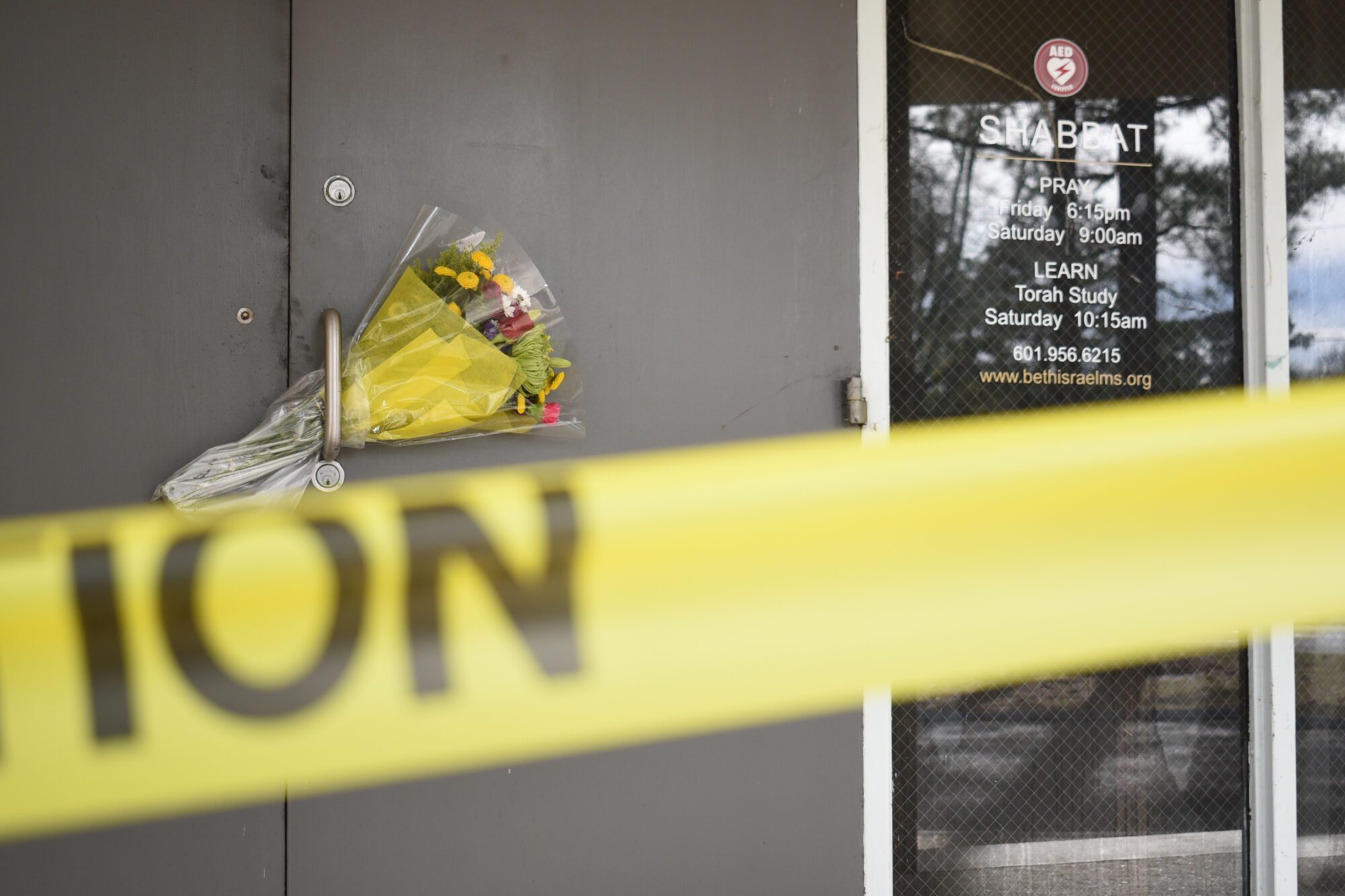
The lawsuit claimed that the legislation violates the rights of Mississippians with disabilities. Judge Henry Wingate wrote Wednesday that the new law violates the Voting Rights Act.
On Wednesday, U.S. District Judge Henry Wingate blocked the new law aimed at banning ballot harvesting in Mississippi, meaning with primaries in under two weeks, the state cannot enforce the parameters of the legislation in this year’s state and county elections. Absentee ballots are already being requested and distributed throughout the state.
Earlier this year, the Mississippi Legislature passed and Governor Tate Reeves signed into law Senate Bill 2358, legislation that sought to ban ballot harvesting in the state of Mississippi.
Ballot harvesting is the practice of a third-party picking up or collecting a voter’s absentee ballot and delivering it to a polling place, a drop box, or a clerk’s office. This is often performed by political operatives or organizations and has been more widely seen in other states. Opponents of ballot harvesting say this practice can lend itself to election fraud.
As previously report by Magnolia Tribune, on May 31st, the Southern Poverty Law Center (SPLC), Mississippi Center for Justice, American Civil Liberties Union (ACLU) Mississippi, and Disability Rights Mississippi (DRMS) filed a federal lawsuit challenging Senate Bill 2358 on behalf of DRMS, the League of Women Voters of Mississippi, and three individual Mississippi voters.
That lawsuit claimed that the legislation violates the right of Mississippians with disabilities to receive assistance in voting from the person of their choice, as recognized in Section 208 of the Voting Rights Act.
In his order on Wednesday, Judge Wingate wrote that the new law violates the Voting Rights Act while noting that the penalties and unclear terms written in the law could “deter otherwise lawful assistors from providing necessary aid to a vulnerable population.” He said polling places are expected to extend outstretched hands of welcome, even to the disabled and vulnerable.
Given the ongoing legal proceedings, lawmakers contacted by Magnolia Tribune were reluctant to comment on the order from Judge Wingate.
Governor Tate Reeves took to social media to express his displeasure with the order.
“Let me be clear – it should be easy to vote and hard to cheat in an election. Political operatives should not be collecting countless numbers of ballots. We all saw how some groups abused ballot harvesting in recent years, and we will not allow that to happen in Mississippi,” Reeves said. “We’ll continue to work every day to secure Mississippi’s elections so that you can be confident in the integrity of the results.”
The attorneys representing the plaintiffs in the challenge, however, were pleased with the news.
“Mississippi voters in need of assistance to vote can be assured that their voices will be heard at the ballot box,” said Peg Ciraldo, co-president of the League of Women Voters of Mississippi, in a statement. “The League and its members can now continue its critical work to advocate for all voters, especially those who depend on us to return their absentee ballot.”
Joshua Tom, legal director at the ACLU of Mississippi, added that Wingate’s order was “a win for Mississippians with disabilities and a win for voting rights.”
Mississippians head to the polls on August 8th for their party’s primary election and then on November 7th for the General Election.











